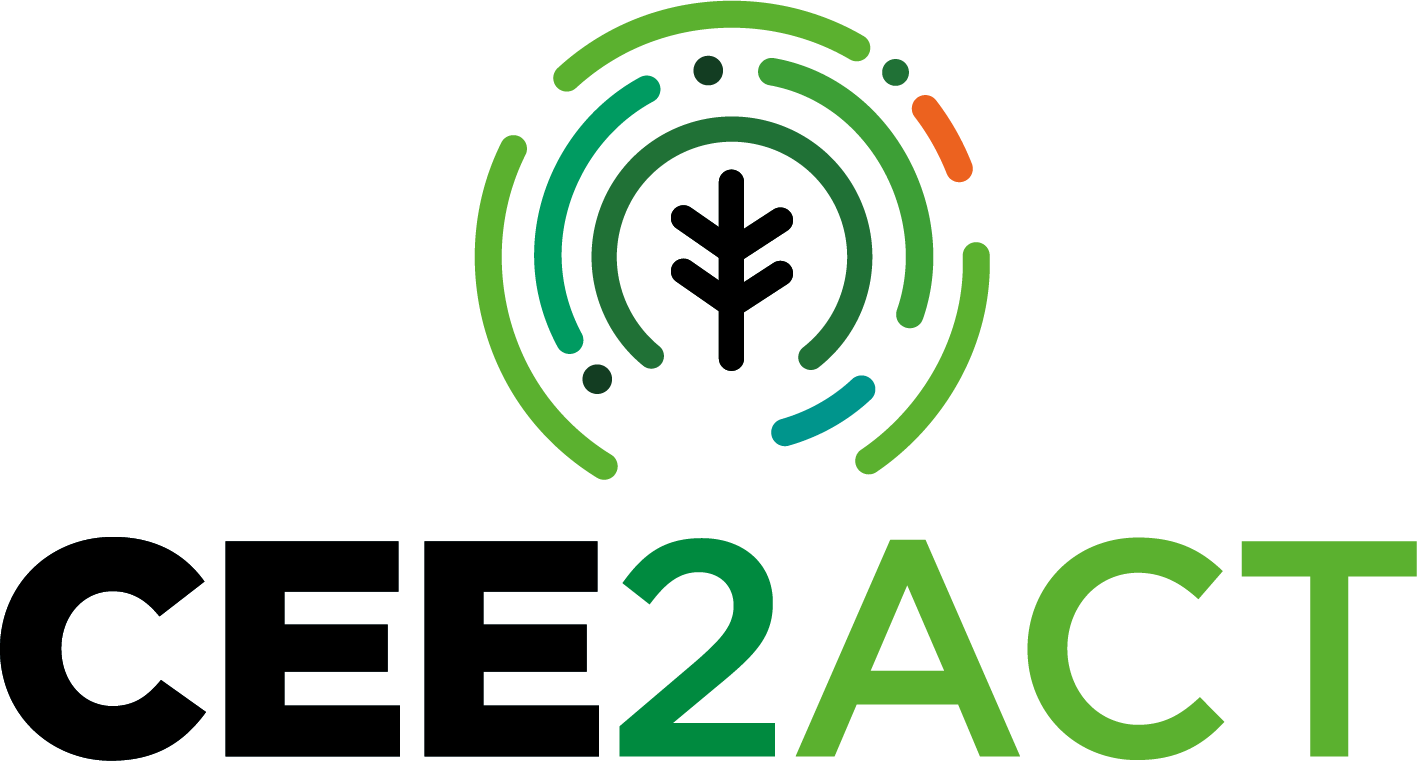Title: EcoRadiz- Bioeconomy project with a social focus
Country / Region: Aragón, Spain
Bio-based sector: Agriculture, food industry, pharmaceutical industry
Involved actors: Farmers, agroindustry, pharmaceutical industry, women in rural areas
Description:
The ECORADIZ project, led by the Tararaina Cooperative in Pina de Ebro, Aragón, Spain, is designed to revitalize traditional liquorice cultivation by integrating bioeconomic principles that drive social, economic, and environmental progress in rural communities. Established in 2021, Tararaina Cooperative focuses on sustainable rural development, and ECORADIZ is one of its key initiatives. The project specifically addresses the challenges of flood-prone regions along the Ebro River by cultivating liquorice (Regaliz de Palo), a plant that is culturally significant and highly resilient to flooding. By reviving liquorice production, the project combines local tradition with sustainable, organic agricultural practices to create a bio-based economy that provides economic opportunities while preserving the natural ecosystem.
ECORADIZ exemplifies bioeconomic principles by embracing organic, sustainable cultivation methods and maximizing resource efficiency. Beyond producing liquorice roots, the project transforms different parts of the liquorice plant into a variety of value-added products. After drying and processing, part of the biomass is directed to the food industry as a natural flavoring, while other portions are used in the pharmaceutical or nutraceutical sectors for their beneficial properties. Remaining biomass can be used to create animal feed or processed into pellets for renewable energy, promoting a circular economy by utilizing each part of the plant. Additionally, ECORADIZ integrates the sustainable use of sheep wool as thermal insulation in the workshop, a practice that adds value to a local resource previously considered waste. The reclaimed building for liquorice processing also includes solar panels, ensuring that the energy demands of the workshop are met sustainably.
On a social level, ECORADIZ offers local women specialized training and flexible employment in liquorice processing, empowering them and building local expertise in agri-food practices. Through this approach, ECORADIZ enhances employment opportunities and reconnects the community with a valued cultural tradition. By combining ecological cultivation, resource efficiency, and local economic empowerment, the ECORADIZ project serves as a comprehensive model for rural revitalization rooted in bioeconomic principles.
A significant challenge for the ECORADIZ project is ensuring income stability for farmers during the years when liquorice roots are not harvested. Since the roots require four years to mature, creating alternative revenue streams by processing other plant parts—such as leaves and stems—into products for the food, pharmaceutical, and energy sectors is essential. This approach not only sustains income but also plays a crucial role in convincing farmers to participate in the project by providing ongoing financial support between harvests.
The project’s employment model, which involves a self-managed team of women who receive continuous technical and soft skills training, is another key element. This approach could serve as a model for other rural bioeconomic initiatives seeking to empower local communities through flexible job creation.
ECORADIZ’s use of local sheep wool as insulation for the workshop is a strong example of sustainable circular practices by giving value to previously discarded resources. Additionally, in this project it is used an endogenic resource, so by looking to the past and reviving locally managed materials, the project highlights how traditional resources can be repurposed to create sustainable job opportunities and economic resilience in rural areas, showing the potential of locally sourced materials to support rural development.
Link to the website: https://tararaina.es/ecoradiz-no-1357/
« Back

